Transgenerational
Colonialism
To the Ancestors
Transgenerational
Colonialism
Wounding, Overcoming, and the
Reconstruction of Collective and
Personal Identity
Karel James Bouse
LEXINGTON BOOKS
Lanham Boulder New York London
Published by Lexington Books
An imprint of The Rowman & Littlefield Publishing Group, Inc.
4501 Forbes Boulevard, Suite 200, Lanham, Maryland 20706
www.rowman.com
6 Tinworth Street, London SE11 5AL, United Kingdom
Copyright 2021 by The Rowman & Littlefield Publishing Group, Inc.
All rights reserved. No part of this book may be reproduced in any form or by any electronic or mechanical means, including information storage and retrieval systems, without written permission from the publisher, except by a reviewer who may quote passages in a review.
British Library Cataloguing in Publication Information Available
Library of Congress Cataloging-in-Publication Data
Library of Congress Control Number: 2021931623
ISBN 9781793623997 (cloth)
ISBN 9781793624000 (electronic)
 The paper used in this publication meets the minimum requirements of American National Standard for Information SciencesPermanence of Paper for Printed Library Materials, ANSI/NISO Z39.48-1992.
The paper used in this publication meets the minimum requirements of American National Standard for Information SciencesPermanence of Paper for Printed Library Materials, ANSI/NISO Z39.48-1992.
Contents
The best part of writing a book is thanking the people who helped you along the way. I was fortunate to have a great deal of help bringing this book into being from some truly outstanding people.
Thanks to Kasey Beduhn (Editor Extraordinaire) at Lexington Books. You have been supportive and enthusiastic from the beginning, and it has been a pleasure working with you. Thanks for believing.
As usual, Im grateful to Dr. Stanley Krippner and Dr. Ruth Richards for their support, encouragement, and belief in the validity of this project. Your faith in me and my work is a tremendous incentive and blessing. Thank you beyond words.
Also, thank you to Peter Campbell (albeit posthumously) who generously spent an entire afternoon many years ago filling up four cassette tapes with his oral history and insights into the history of Ireland. Thanks as well to Barbara P who not only arranged my interview with Peter but enlightened me with her firsthand accounts of The Troubles.
Of course I want to thank my friends and the people I deal with on a regular basis. Barbara M., Ward, Siobhan, Jackie, Jacquie, Holly, and Barbara C. you have been exceptionally patient, kind and unconditional in your support. Thank you all for standing by and putting up with me.
Thanks to my father, Harry Alexander James, whose Celtic genetics and transgenerational memories and triggers live on in my bones and blood. It is doubtful that I would have been inspired to write this book without these.
Most importantly, thank you to my husband Kai who has stuck with me through thick and thin, sunshine and storm, and has always believed in my abilities. He spent hours of his valuable time and copious brain power formatting, proofreading and creating quantifiable representations of historical material in order to improve its accessibility to a wide range of readers.
Everyone mentioned here contributed to an environment of trust and care that facilitated the creation of this little book. I wish the same type of nurturing for all authors, artists, and thinkers who are putting their hearts and souls out into this challenging world of ours with the small hope of perhaps making it a little better for us all.
History and psychology both attempt to help us to explain ourselves as human beings. This is an exercise in herding cats that is so huge that it must be broken down into small segments to be doable at all. The challenge is to be able to re-assemble the dissected pieces back together to gain deeper understanding into the nature of the whole. This book talks about cycles, microcosms, and microcosms, the mythic and the mundane, as alternative lenses to our usual linear, four-dimensional and separated perspective. Its subject matter is an attempt to (a) apply larger principles to one particular conflict, and (b) place the example into a greater context by connecting it to other examples in order to ascertain a pattern in the weave of human experience.
Colonialism itself is not the issue, nor particularly is Euro-colonialism. I have used examples of Euro-colonialism in this discussion because of currency and familiarity. Colonialism is part and parcel of imperialism which is an extension of the survival instinct and social dominance hierarchy for reasons of acquisition and control of resources that we can observe in all levels of human societies as well as in the animal kingdom. The European countries were neither the first nor the last to use colonialism to secure the territories that they conquered for their own use. We can observe patterns of conquest and colonialism among ancient societies such as Egypt, Babylonia, China, and India as well as more recent societies including the Arabs, Turkey, and Russia. Tribal societies as well practiced conquest of neighboring tribes and employing means of reinforcing their dominance and assuring fealty from the weaker tribes. On all levels of human social organization, the need to control economic resources was essential in order to ensure the survival of the group as well as the continued ability of the dominant group to remain in power.
Nor is this discussion intended to be an indictment of the English/British in particular. As a neighboring territory, Ireland (along with Wales and Scotland) was one of the first targets of English attempts to secure its place at the top of the local food chain. Long before England began its campaign of aggression against its neighbors the neighboring peoples had been engaged in inter-tribal conflict for centuries. Ireland has a long history of rebellions against a centralized authority, and the same can be said for Wales. Tales of clan warfare and rebellion in Scotland are legendary. This is mentioned in no way as an apology for the actions of the English in these territories, but rather to remind us that social dominance hierarchy is connected to survival and that there is always a bigger fish in the pond that preys upon smaller fish. In this humanity mirrors nature.
It is fair to surmise that at this point in the 21st century nearly all contemporary people carry the colonial experience with them in varying degrees of intensity. Whether known to us or not the DNA of our ancestors influences the lenses through which we perceive and interact with the universe. As someone with a high level of Scots, Welsh, and Irish ancestry I found that working with this material was challenging on an historical level. Fortunately focusing on the psychological aspects of this inquiry combined with sound academic training in the skill of bracketing enabled me to maintain an acceptable level of objectivity. On the other hand, observing my own reactions to certain elements in the historical material reinforced the argument that transgenerational transmission of both trauma and culture and the intensity of responses generated through epigenetic triggering are valid factors in our individual reality constructs and worldviews.
This is by no means a perfect or complete piece of work. It is at heart an inquiry that resulted in the construction of a theory that when applied to a current conflict situation appeared to have some validity. My hope is that it stimulates at least some discussion and further exploration, and at most becomes part of a paradigmatic shift in our perception of both our past and present.

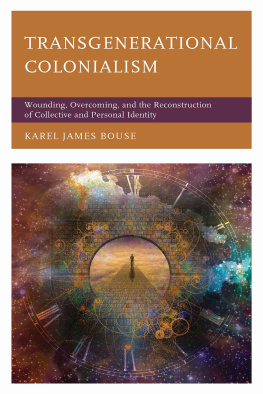
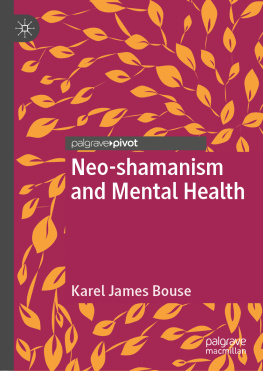
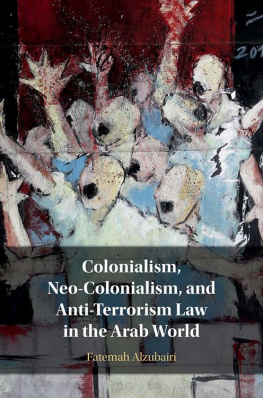
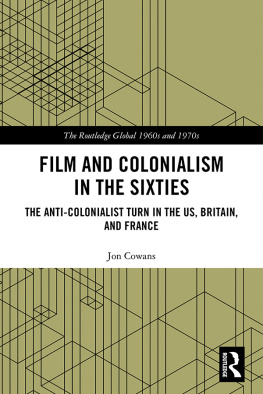

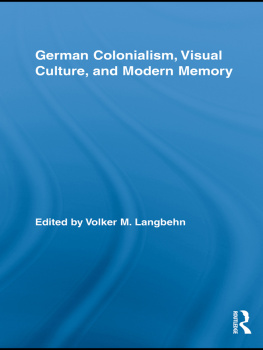
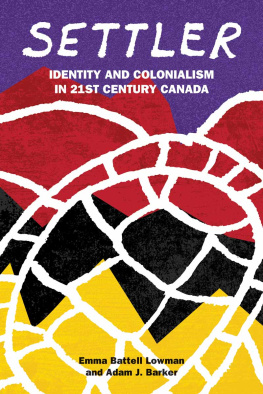

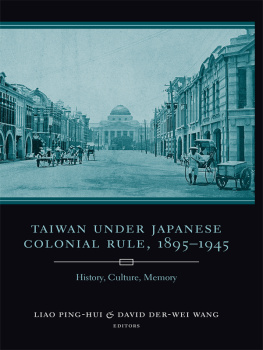
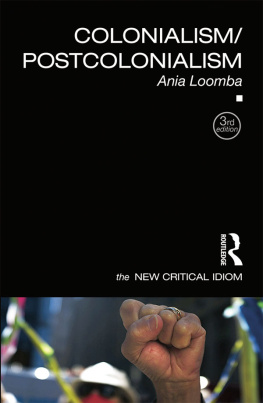
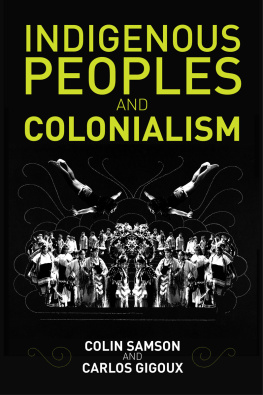
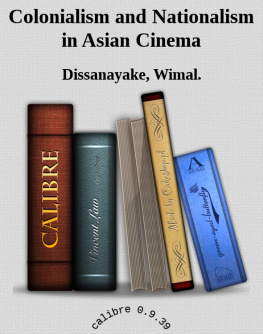
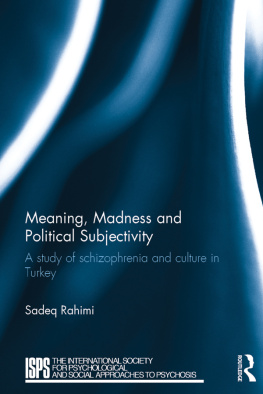

 The paper used in this publication meets the minimum requirements of American National Standard for Information SciencesPermanence of Paper for Printed Library Materials, ANSI/NISO Z39.48-1992.
The paper used in this publication meets the minimum requirements of American National Standard for Information SciencesPermanence of Paper for Printed Library Materials, ANSI/NISO Z39.48-1992.